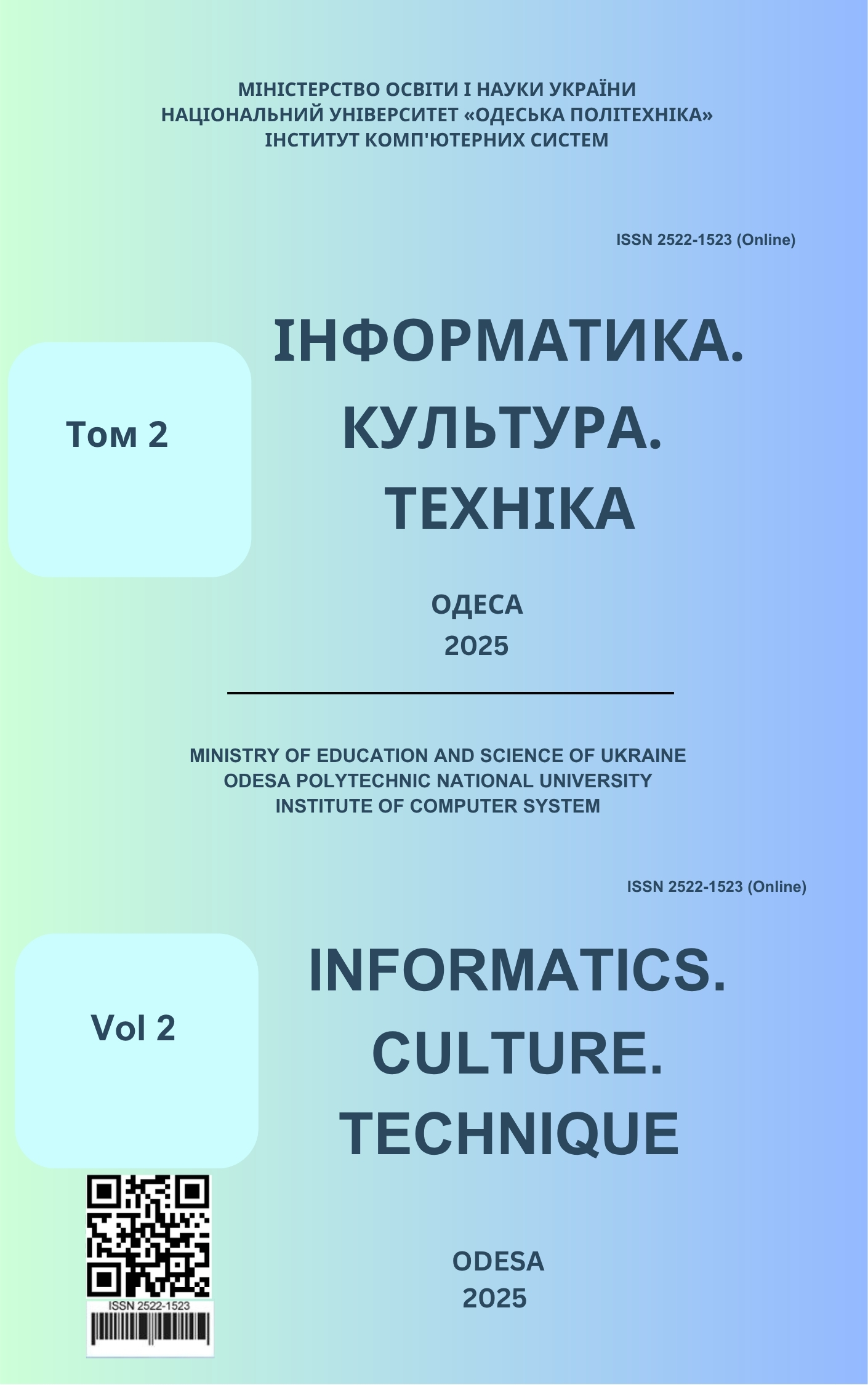Prospects for the Application of Compressor-Type Heat-Utilizing Refrigeration Machines with CO₂ for energy-efficient systems
DOI:
https://doi.org/10.15276/ict.02.2025.83Keywords:
Hermally driven refrigeration machines; compressor systems; carbon dioxide; thermodynamic analysis; energy conversion coefficient; heat utilization; energy efficiency; trigeneration; energy systems; process modelling; innovative technologies; energy savingAbstract
The article examines modern approaches to improving energy efficiency using thermally driven refrigeration machines. A
detailed review of the main types of such machines – ejector, adsorption, absorption, and compressor systems – is presented,
highlighting their advantages, limitations, and typical application areas. Particular attention is given to compressor thermally driven
refrigeration machines, in which heat conversion processes are integrated with cold production. This approach allows for the
effective utilization of low-grade and waste heat in complex energy systems.
The study proposes a new schematic design of a compressor thermally driven refrigeration machine using carbon dioxide as the
working fluid. A thermodynamic analysis of its reference cycle was conducted, assessing the impact of pressure and temperature in
the gas heater on the energy conversion coefficient, which allowed the identification of optimal operating modes. The results
demonstrated that increasing the pressure and temperature in the gas heater significantly improves the machine’s energy efficiency,
exceeding the performance of most existing thermally driven refrigeration machines.
The obtained results confirm the feasibility of applying the proposed scheme to enhance the efficiency of complex energy
systems and expand the potential for low-grade heat utilization. Thus, the investigated solution represents a competitive alternative to
existing technologies and can serve as a basis for the development of energy-efficient and environmentally safe cooling and
trigeneration systems.

